
The Exorcist
Show
The Exorcist is a play by John Pielmeier based on the novel of the same name by William Peter Blatty...
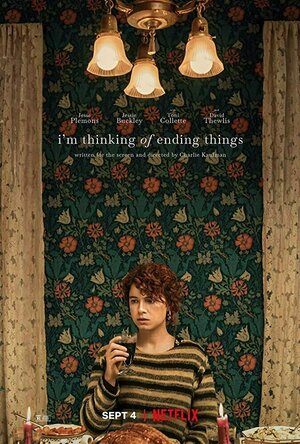
I'm Thinking of Ending Things (2020)
Movie Watch
Full of misgivings, a young woman travels with her new boyfriend to his parents' secluded farm. Upon...
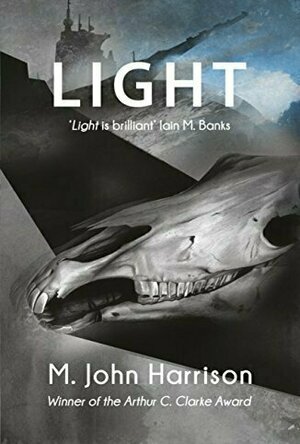
Light
Book
On the barren surface of an asteroid, located deep in the galaxy beneath the unbearable light of the...
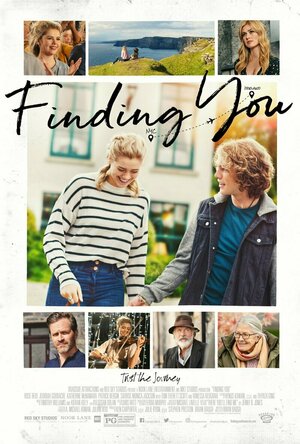
Finding You (2021)
Movie
Finding You is a 2021 American and Irish coming-of-age romance-comedy film written and directed by...
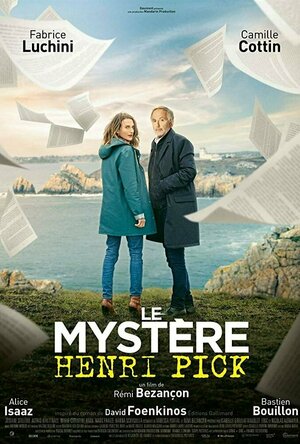
The Mystery of Henri Pick (2019)
Movie Watch
An editor discovers a novel that she considers to be a masterpiece, in a library whose particularity...
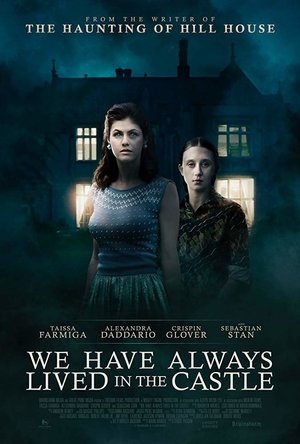
We Have Always Lived in the Castle (2018)
Movie Watch
Merricat, Constance and their Uncle Julian live in isolation after experiencing a family tragedy six...
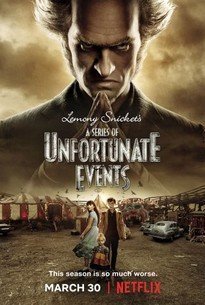
A Series Of Unfortunate Events - Season 2
TV Season Watch
The second season is intended to adapt books five through nine of the novel series: The Austere...
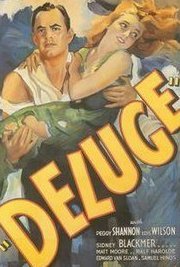
Deluge (1933)
Movie
Early sound disaster/SF movie, based on a novel by S Fowler Wright. Earthquakes and floods destroy...
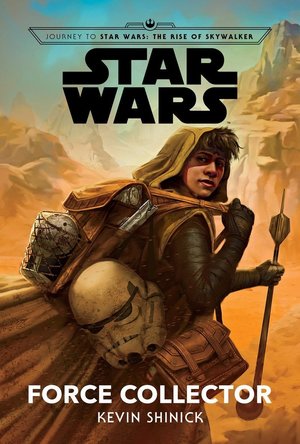
Star Wars: Force Collector (Journey to Star Wars: The Rise of Skywalker)
Book
In this Journey to Star Wars: The Rise of Skywalker young adult novel set just before The Force...
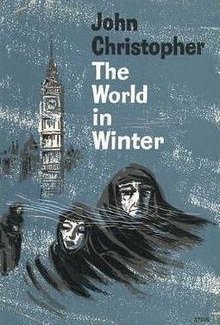
The World in Winter
Book
Apocalyptic SF novel. A decrease in the sun's output leads to the onset of a new ice age and a...
apocalyptic